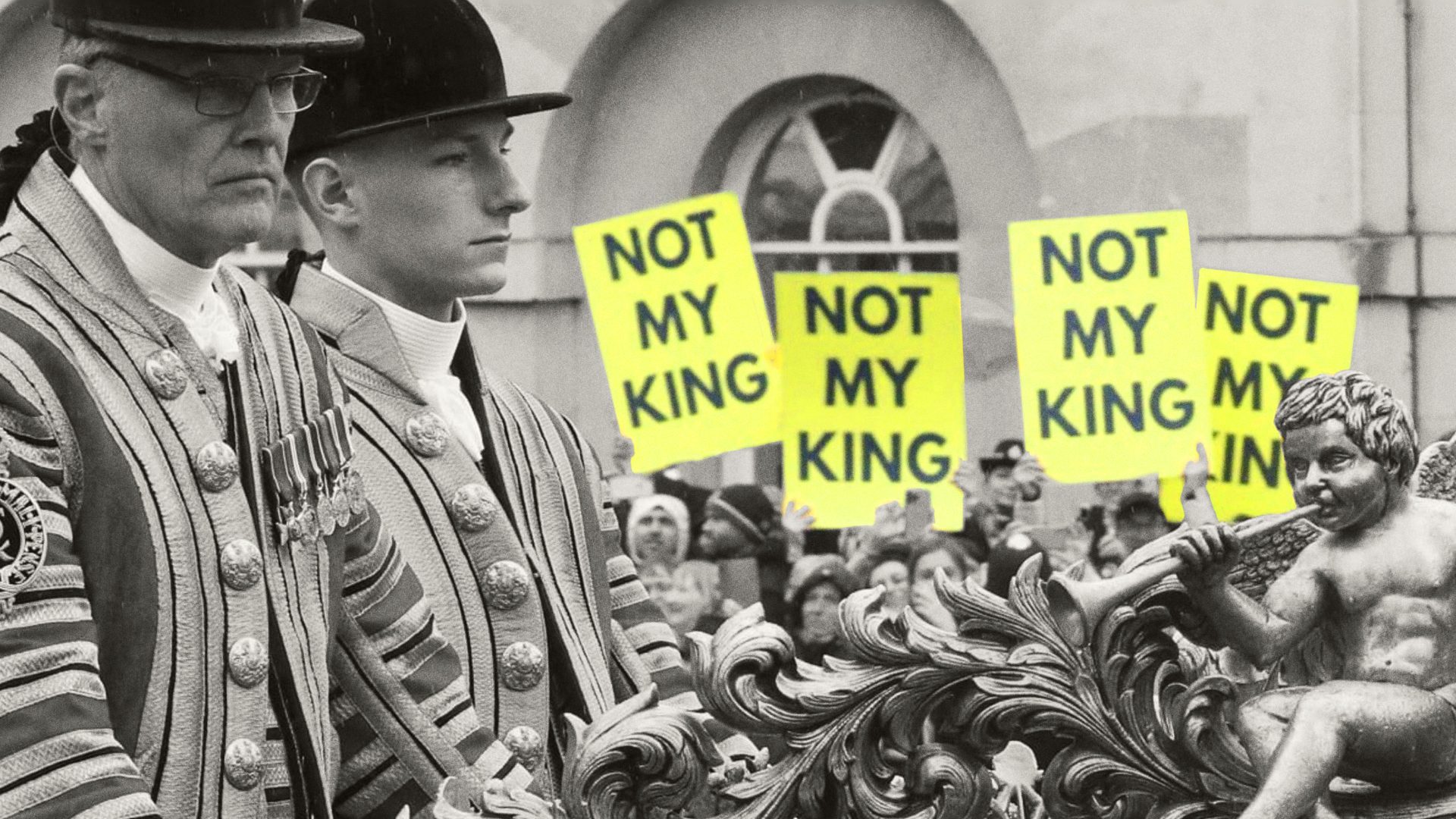In 1638, John Lilburne – also known as “Free-Born John” – was found guilty of smuggling a tract against bishops into England. He was whipped around 500 times with a three-tailed whip as he walked on a hot summer’s day from the eastern end of Fleet Street to Westminster Palace Yard. There he was forced to stand for two hours in the pillory.
Yet despite his injuries, he continued to rail against the bishops, much to the delight of the crowd. When Lilburne refused to be silent, he was gagged so harshly that blood spurted from his mouth. Yet he carried on. When he could no longer speak, he protested by thrusting his hands into his pockets and throwing pamphlets against the bishops to the crowd. When he ran out of pamphlets, he continued to stamp his feet in protest until the two hours were over. What a man.
Like Timothy Garton Ash, who describes Lilburne’s defiance in his excellent book Free Speech: Ten Principles for a Connected World, I find him an inspirational figure. He is a free-speech icon, absolutely refusing to be shut down. There is a long British tradition of dissent and bravery in the face of those who would silence views they do not want expressed, but few can match Lilburne’s tenacity.
There is also a long British tradition of meeting dissent with disproportionate measures. Sometimes even philosophers end up on the receiving end of this. Bertrand Russell, for example, was imprisoned twice for his beliefs: the first time in 1918, when he was sentenced to six months in Brixton Prison for writing an editorial in a pacifist weekly paper (he used the courtroom as a platform to spread his views more widely). He lost his fellowship at Trinity College Cambridge, as a result of this.
Then in 1961, at the age of 89, Russell was sentenced to a week in prison, which he again served in Brixton, for “refusing to keep the peace” at a protest against nuclear arms. Imprisonment did little to stop the flow of dissent from Russell’s pen, and in both cases brought greater attention to his message.
Another eminent British philosopher with very different moral intuitions from Russell’s, Elizabeth Anscombe, a devout Catholic, opposed abortion, which she thought of as the mass killing of unborn babies. She regularly protested outside clinics and was twice arrested. On at least one occasion she was lifted and carried away by police officers.
As a young Oxford University academic she had protested against Harry Truman receiving an honorary degree, arguing that his policy of targeting non-combatants in Hiroshima and Nagasaki went completely against the idea of the sanctity of life, and violated just war principles.
She is also famous for an act of protest that didn’t lead to arrest, but could have done. After giving a talk at a university in the USA, she was taken to dinner at a smart restaurant in Boston. As ever, she was wearing trousers perhaps more accurately described as slacks. At the door, she was informed, “Madam, in this restaurant women don’t wear pants.” So she took them off.
I strongly oppose Anscombe’s views on abortion (she also wrote against contraception and homosexuality), can see her point with Harry Truman, and think removing her slacks was the perfect riposte to the dress code. But anyone who believes that free speech is important, as I do, should be prepared to go a long way defending free expression even, perhaps especially, when we disagree with the views expressed ( just how far is a moot issue and a constant source of debate – certainly not to the point where people instigate violence or indulge in vicious hate speech).
As is obvious from an earlier column I wrote about Thomas Paine’s views on the absurdity of a hereditary monarchy, I am sympathetic to the views of Graham Smith, head of Republic, and to those of the other anti-monarchists arrested by the Metropolitan police this week close to the route that Free-Born John took in 1638 as he was whipped towards the pillory near Westminster Palace.
As far as we can tell, they were arrested because they were about to make a peaceful protest, something that they had discussed and negotiated with the Met prior to the event. But I hope I would also defend the moral right of people with whom I strongly disagree to hold peaceful protests, even though the legal right seems to have been lost.
As ever, George Orwell nailed this: “If liberty means anything at all it means the right to tell people what they do not want to hear.”



